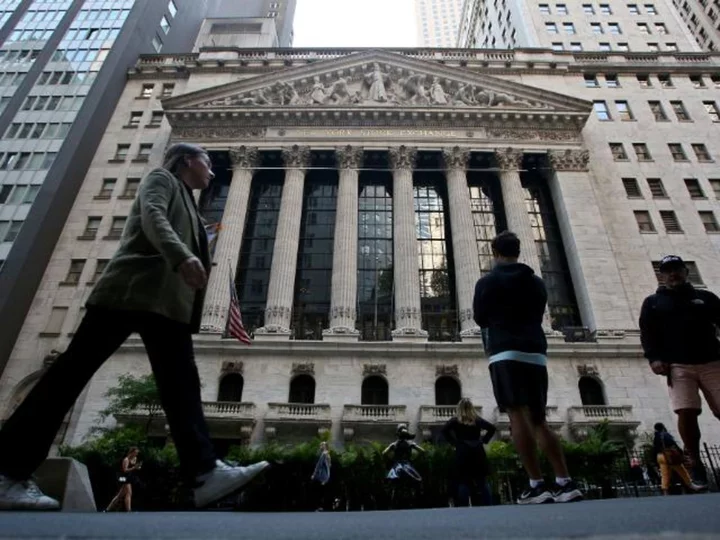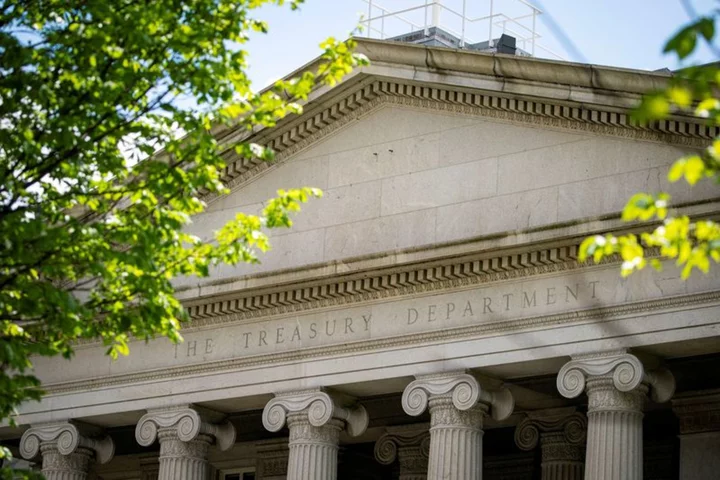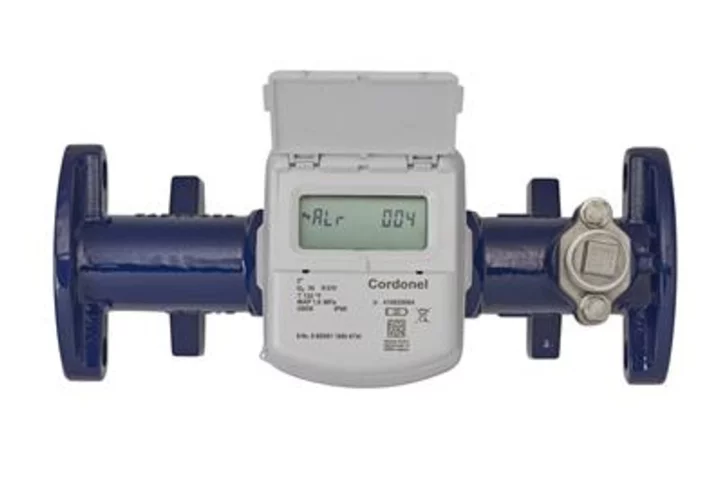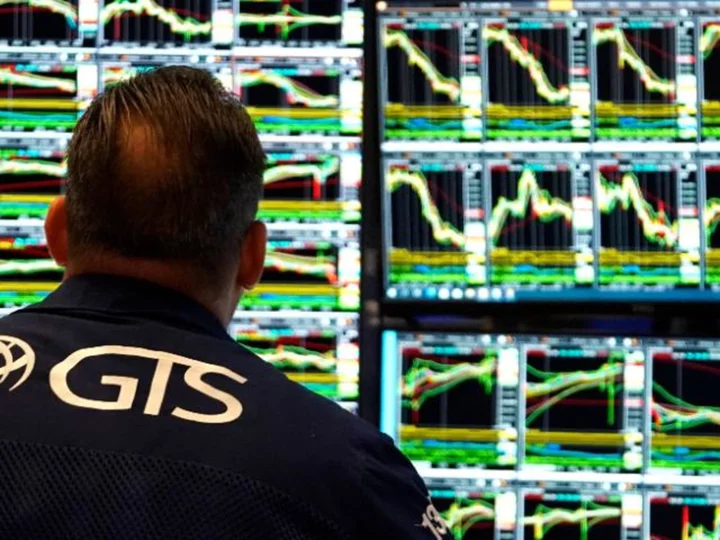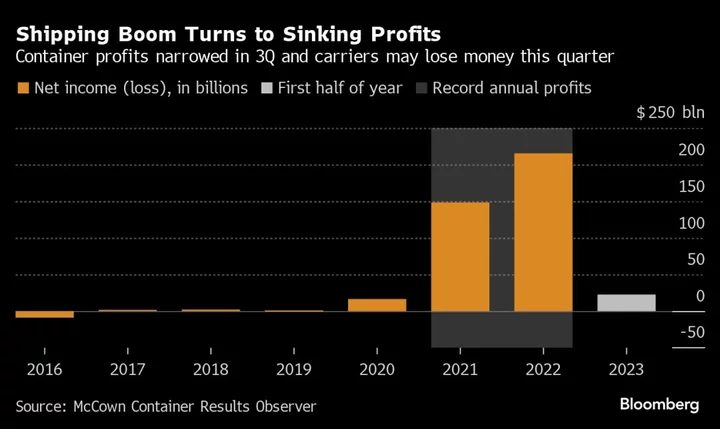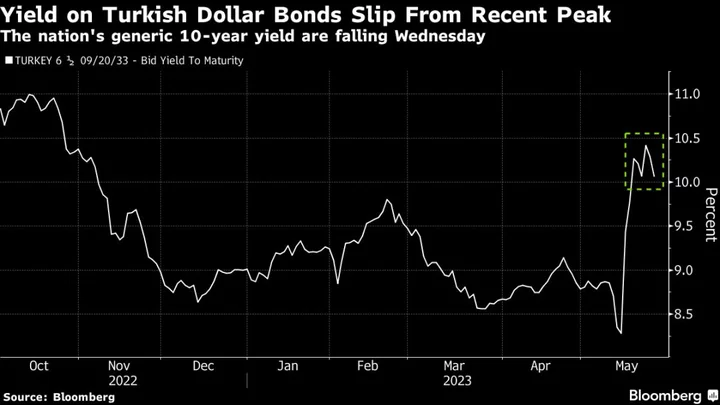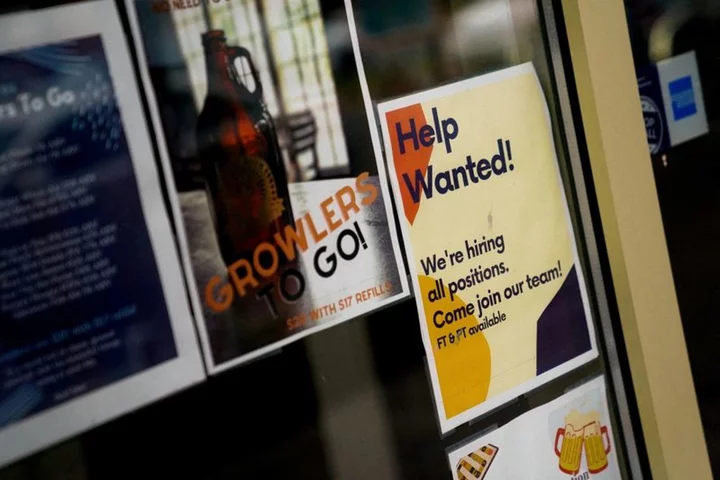Beaten-down stocks of smaller companies are finally making a comeback, underscoring Wall Street's newfound optimism.
The S&P 600 small-cap index has rebounded roughly 8% from its low in May, and is on pace to notch its first winning month since January.
Small cap stocks are domestic bellwethers, since smaller companies generate most of their revenue from US customers. They also have large exposure to financial stocks. While those stocks have stabilized since the banking turmoil earlier this year, their continued steadiness is necessary for a sustained market rally, since healthy banks underline a healthy economy.
Investors say that recent gains in small caps are helping prop up the burgeoning bull market, even as a potential economic downturn draws near. That's partly because they've helped broaden a narrow rally led largely by mega-cap tech stocks, which have soared to staggering heights due to an artificial intelligence race and flight to safety on Wall Street.
The recovery in small caps is a reversal from when they nosedived earlier this year, weighed down by the collapses of Silicon Valley Bank, Signature Bank and later First Republic Bank, which triggered a sell-off in financial stocks.
Cheap buys
Now, the rally in small caps suggests that Wall Street is optimistic about the economy's health. Some investors say cheap valuations and and hopes for a muted economic downturn means small caps look more attractive than they have in months.
The S&P 600 currently trades at about 13.53 times its expected earnings, below its 10-year average of 15.89, according to FactSet. The S&P 500, which contains large caps, in contrast, trades at multiples of 19, above its 10-year average of 17.61. That means that small caps are cheap historically and in comparison to their large cap counterparts.
Investors have taken notice, driving some small caps to outperform the broader market. Apellis Pharmaceuticals shares are up 69.1% for the year, Rambus added 64.9%, Shockwave Medical 44.1% and Saia added 48.8%.
"It feels better to me than it has been for a while," said John Ragard, senior portfolio manager of small cap equity at Spouting Rock Asset Management. He has investments in healthcare and technology.
Optimism about the economy
The small caps' rally is also an auspicious sign for the broader economy, says Quincy Krosby, chief global strategist at LPL Financial. Because small caps tend to be more volatile, their rally suggests that investors' risk appetites are growing and they're looking past the banking turmoil earlier this year.
"If we continue to see interest in the small caps, it would reflect investor belief that it will be a more muted recession," said Krosby.
Adding to their bull case is small caps' tendency to rally in periods following economic downturns. The iShares Russell 2000 exchange-traded fund, which tracks the performance of small cap stocks, has outperformed the broader S&P 500 index for the two years following four out of six bear markets from 2007 to 2020, according to data from Penn Capital Management.
"Everybody seems to be so focused on the recession. You should really start thinking about what's on the other side," said Francis Gannon, co-chief investment officer at Royce Investment Partners, which focuses on small caps. His firm is overweight in cyclical sectors such as industrials and materials.
Still, large-cap stocks continue to largely outperform their small-cap counterparts by a wide margin. The Russell 1000, a large-cap index, is up about 13.5% for the year compared to the small cap focused Russell 2000's 5.8% gain.
Small caps could also get hammered again if the economy does tip into a recession later this year, and it's unclear just how long a downturn would last. The Federal Reserve paused interest rates in June but signaled that it could raise rates by a quarter point twice more this year, which could tighten credit conditions and potentially lead to more bank turmoil.
"I don't think we've hit the dip on those small-cap stocks," said Anna Rathbun, chief investment officer at CBIZ Investment Advisory Services.

